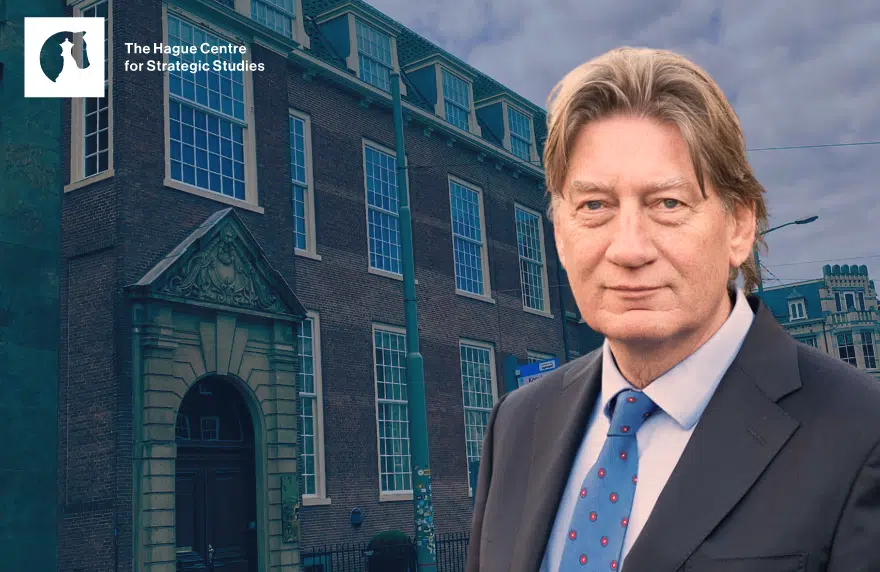Nederlandse militairen blijven definitief thuis. Onderzoekers van de rampplek moeten het doen zonder gewapende beveiliging. Het kabinet neemt daarmee een risico, maar Nederland had geen andere keus, zeggen defensiedeskundigen Ko Colijn en Rob de Wijk.
Is het niet sturen van militairen een verstandige keus?
Ko Colijn: ‘Dat denk ik wel. Als je een militair overwicht had willen krijgen, dan had Nederland gevechtshelikopters moeten meesturen. Anders opereren de grondtroepen op halve kracht. Maar daarvoor wil je drievoudige garanties dat onze Apaches niet worden neergeschoten.’
‘Zowel van de separatisten die het gebied beheersen, van de Russen die op 20 kilometer van de grens zitten als van de Oekraïners. Die garanties zijn er klaarblijkelijk niet.’
Wie houdt een gewapende politiemissie tegen?
Ko Colijn: ‘Het kabinet is bang onderdeel te worden van het conflict. Daaruit kun je de conclusie trekken dat de separatisten het niet goed vinden. Dat ze er wel mee instemmen dat er wordt gezocht naar slachtoffers is ook in hun eigen belang. Daarmee kunnen ze hun imago oppoetsen.’
Oekraïne werkt niet bepaald mee de rampplek veilig te houden. Het ging gisteren in de aanval. Hoe is dat te verklaren?
Ko Colijn: ‘Oekraïne is aan de winnende hand. Het heeft heel andere prioriteiten en wil het gebied op de rebellen heroveren. De paradox is dat het daarmee Nederland ook een dienst kan bewijzen. Want als het meezit, wordt Oekraïne de baas in het rampgebied en is er een grotere kans dat de onderzoekers veilig kunnen werken.’
Nederland neemt een risico dat er bij het terughalen van lichamen nieuwe slachtoffers vallen. Is dat risico aanvaardbaar?
Rob de Wijk: ‘De enige andere optie die het kabinet had, was de hele missie afblazen. Vanuit humanitair oogpunt is dat onacceptabel. En ook de publieke opinie speelt een rol. Wij kennen de precieze analyses van de veiligheidsdiensten niet. Kennelijk schatten zij de risico’s in als hanteerbaar. Maar feit is wel dat als het echt fout gaat er nu niemand is om onze mensen eruit te halen. Het blijft een gok.’
Doet dat denken aan de val van Sebrenica? Toen kwamen Nederlandse militairen in grote problemen omdat er geen goede back-up was.
Rob de Wijk: ‘Die vergelijking ligt op de loer, maar gaat niet helemaal op. Nederlandse militairen zijn destijds in een onmogelijke situatie gebracht omdat ze omringd werden door een vijand. De separatisten staan positief tegenover het Westen en hebben toegezegd dat de onderzoekers hun werk hier mogen doen.’


